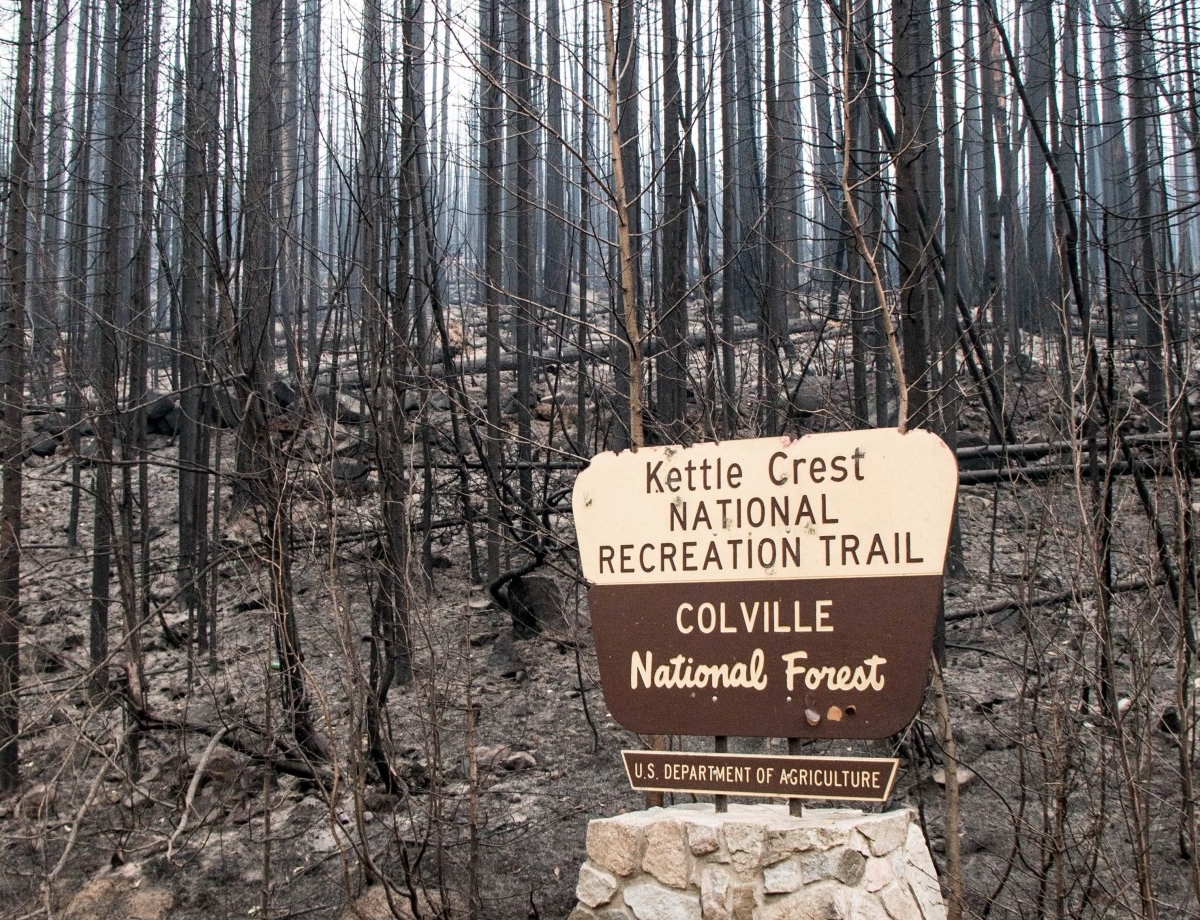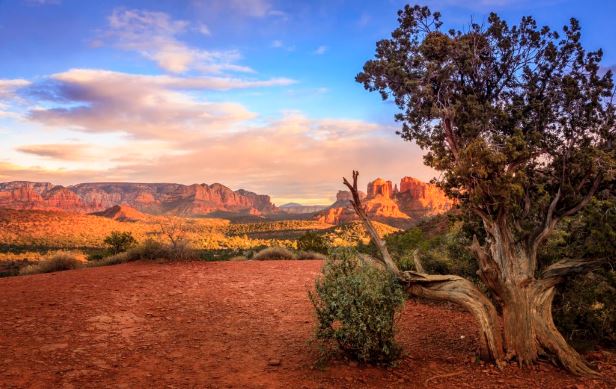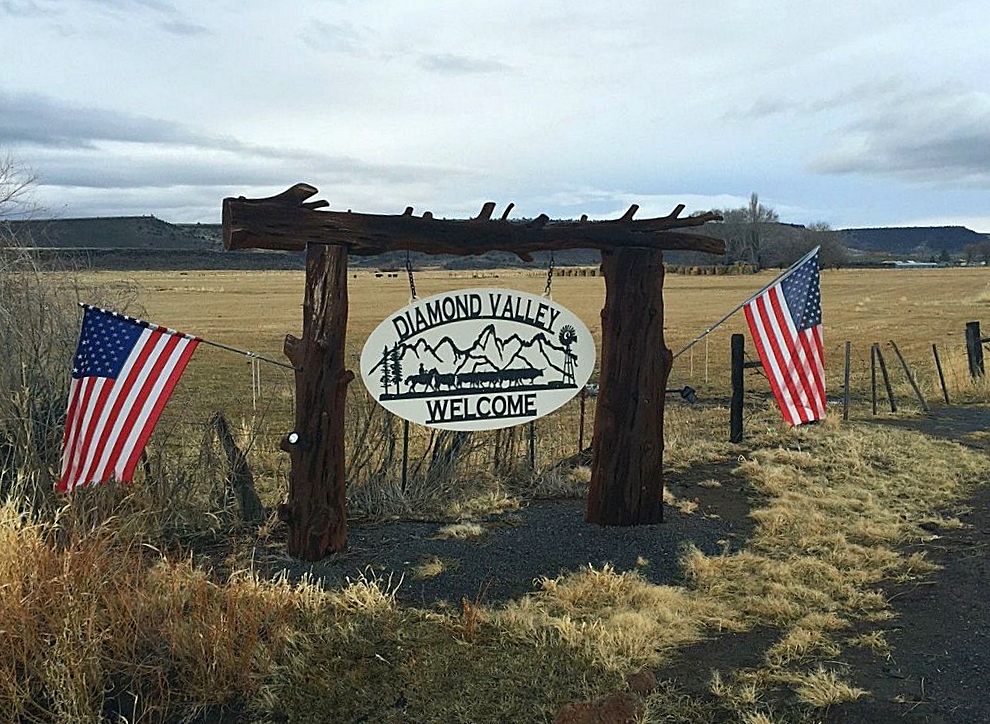This is not news to people in the West, whose communities are surrounded by federal lands, and whose natural resources are under the control of distant federal agencies that do not bear the consequences. In fact, it has been a sore subject for decades.
Greg Walcher
My decision may change your life
A quick search on the internet easily finds hundreds of famous quotes about how the everyday decisions we make can change our lives.
Motivational speaker Anthony Robbins says, “Your life changes the moment you make a new, congruent, and committed decision.”
“Seven Habits” author Steven Covey asserts, “I am not a product of my circumstances; I am a product of my decisions.”
“Life is a matter of choices, and every choice you make makes you,” says noted leadership skills writer John C. Maxwell. Actress Keri Russell has even found that “sometimes it’s the smallest decisions that can change your life forever.”
It goes almost without adding, that some decisions affect not only our own lives, but the lives of others, as well. But what about decisions that do not affect us at all — only other people? That is the case with hundreds of government officials, who get paid the same and achieve the same career goals, almost regardless of decisions they make as part of their daily routine.
Sometimes the decisions of federal officials in Washington, for example, can alter the economy and future prospects of far distant people and communities. Thomas Hardy famously disdained such arms-length decision makers in government: “The offhand decision of some commonplace mind high in office at a critical moment influences the course of events for a hundred years.”
This is not news to people in the West, whose communities are surrounded by federal lands, and whose natural resources are under the control of distant federal agencies that do not bear the consequences. In fact, it has been a sore subject for decades.
When I first became president of Club 20 in the late 1980s, one of the board’s first resolutions at my first meeting was on this subject. The concern was that decisions made by the EPA, BLM, Forest Service, Park Service, and Fish and Wildlife Service were made in Washington, D.C. by people who did not have to live with the consequences. A decision about grazing permits was the immediate cause of that year’s local outrage, but over the years it has been the same distress over wilderness management, endangered species, road closures, gas leases, timber sales, power plants, pipelines, and a hundred others.
Perhaps surprisingly, even the Club 20 board of 1989 did not quarrel with the federal government’s right to own and manage public lands. Nor did the organization demand immediate reversal of all such decisions. Rather, a much more novel approach was suggested. Namely, federal agents with such power to alter the lives and futures of western communities ought to live in those communities. I remember one member saying, “anyone who makes decisions like that ought to have to walk down Main Street the next day.”
Sometimes in politics, what’s old is new. Club 20’s 1989 resolution called for moving the BLM to the West, making its officials live in the communities whose resources they manage. Legislation to do just that was introduced last month by Colorado Sen. Cory Gardner and Congressman Scott Tipton, proving that the issue is as important as ever, and can only be resolved when Congress finally addresses it. There is bipartisan support, Sen. Michael Bennet having cosponsored the bill. At the same time, Interior Secretary Ryan Zinke is openly discussing a plan to move not only the BLM, but also the Bureau of Reclamation and the Fish and Wildlife Service, out West. The idea is not just symbolic; it is important.
There was a time when officials had to be in the same building to communicate efficiently. Surely in 2017 that is no longer the case, when our lives are so seamless and virtual that I can write this column from anywhere on the planet. People calling you on the phone have no idea where you might be, and we can see each other while we converse from afar. Meetings and conferences are now routinely held in cyberspace, saving a fortune in travel costs. Government always lags behind the rest of the world in modernization, of course, but isn’t it time?
Kentucky’s famous farmer/poet/novelist Wendell Berry, widely admired as one of conservation’s most prolific and gifted writers, explained it best:
“To put the bounty and the health of our land, our only commonwealth, into the hands of people who do not live on it and share its fate will always be an error. For whatever determines the fortune of the land determines also the fortunes of the people. If history teaches anything, it teaches that.”
Greg Walcher is president of the Natural Resources Group and author of “Smoking Them Out: The Theft of the Environment and How to Take it Back.” He is a Western Slope native.
[paypal_donation_button]
Free Range Report
[wp_ad_camp_3]
[wp_ad_camp_2]




Excellent article, as for the Forest Service and the BLM people in charge at the time, if they make a bad decision they get a quick transfer and don’t have to live with bad choices. The feds really make terrible neighbors.
This article is all build up and no finale. You basically say Feds owning land is bad because… then don’t follow up. The central hub of our government is in DC, but there are regional offices, and local departments in all of these areas that are manned by people that live in the communities they represent. A lot of hard working Americans are fighting to keep the outdoors safe and healthy and viable for all to use in legal recreational endeavors. And as a land that is owned by the people and for the people it is open for you and I and everyone else to enjoy its beauty. Nobody likes to camp or hike or hunt in an area that is covered by cattle feces. Nobody likes to swim or fish or kayak in a mine tailings laden river or lake. Nobody wants to see an area that is open for everyone to enjoy sold to the highest bidder and closed of and destroyed so out grand children’s grand children can not ever enjoy it. Well I take that back. There is someone that does want it sold to the highest bidder. The highest bidder!!!
This is an excellent article but the Federal government was never to have any jurisdiction in the States, we do not need or want two governments ruling, that are supposed to be serving the people. We do not need to Federal Government in the several States, why do we need a US Forest Service and a Washington State Forest service? We don’t, all these Federal agencies should be abolished. The Federal Government only has legitimate jurisdiction and authority in the District of Columbia and they is where they should stay, very small and limited. That is the purpose of the original Constitution for the United States (1791).
Well you’re wrong about that and under states control you have what we have in the eastern 2/3 of the country. Lands that were sold by the state to balance their budget that are now owned by a select few and closed off to all the American people. It’s a simple formula and politicians have been scamming the public for years. I like having national forest land that I can recreate in. I like having vast amounts of BLM that are open and accessible. What I don’t like is seeing a locked gate and no trespassing signs.